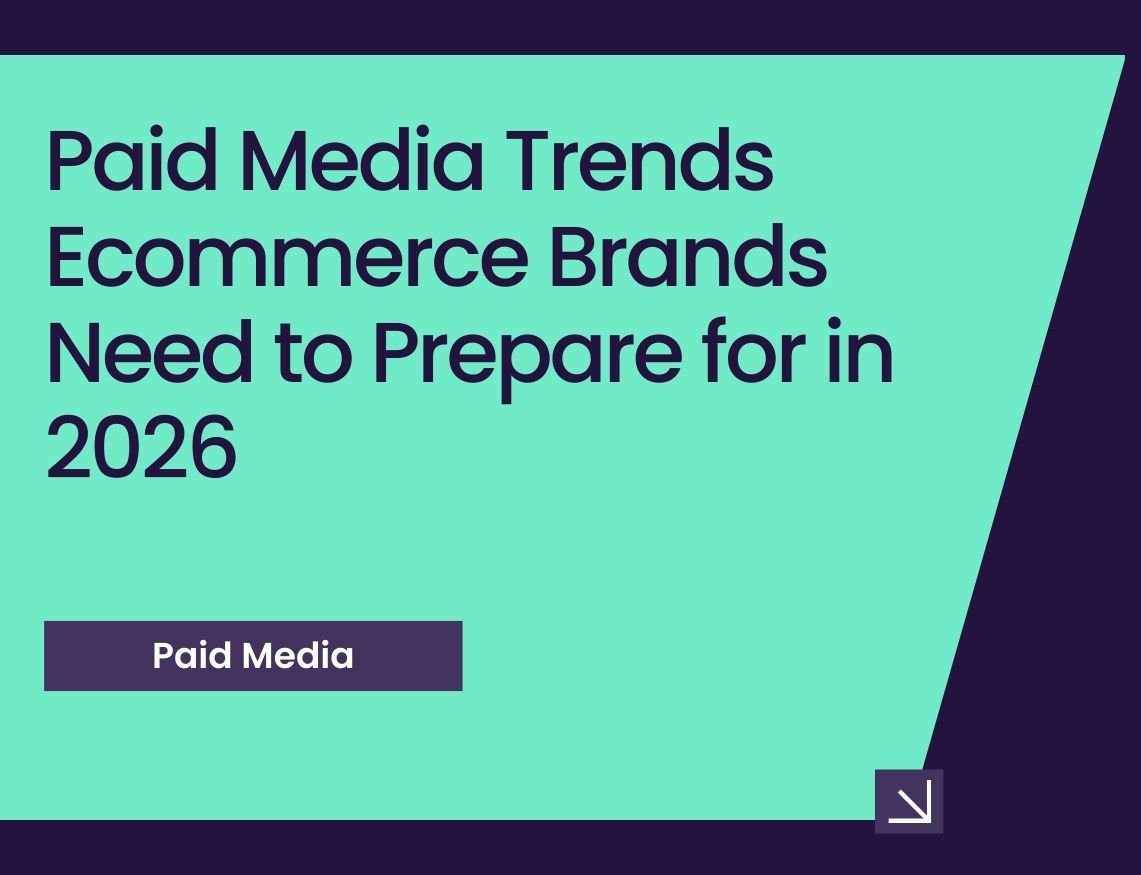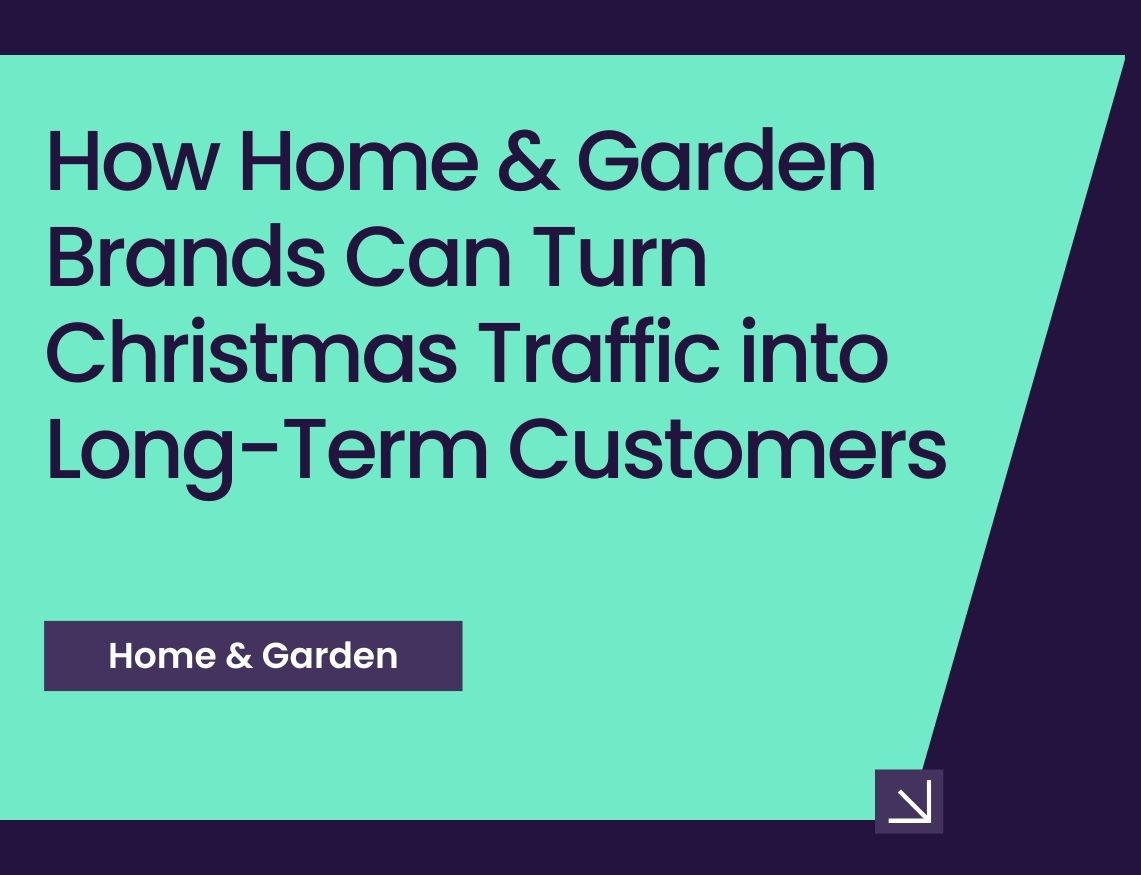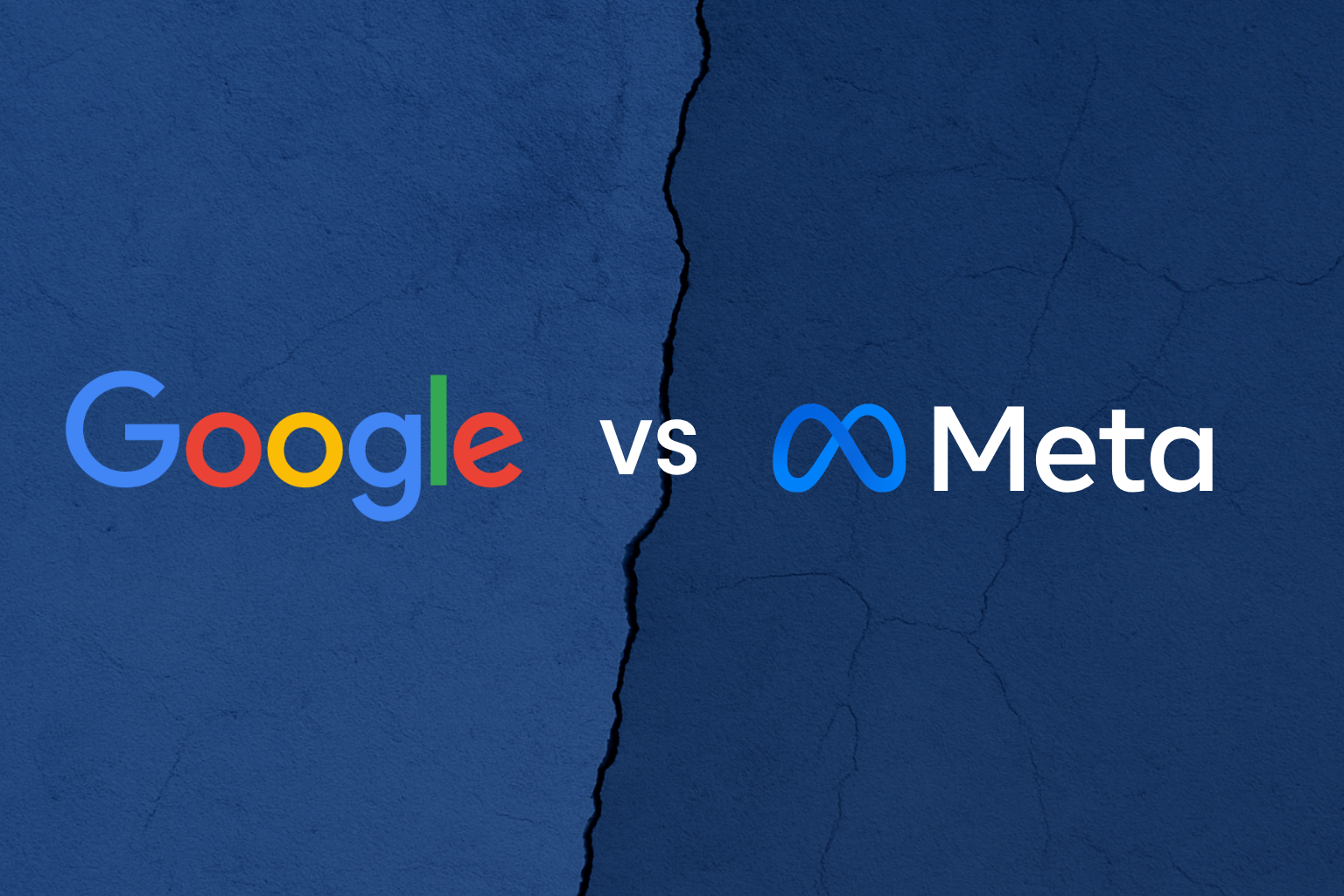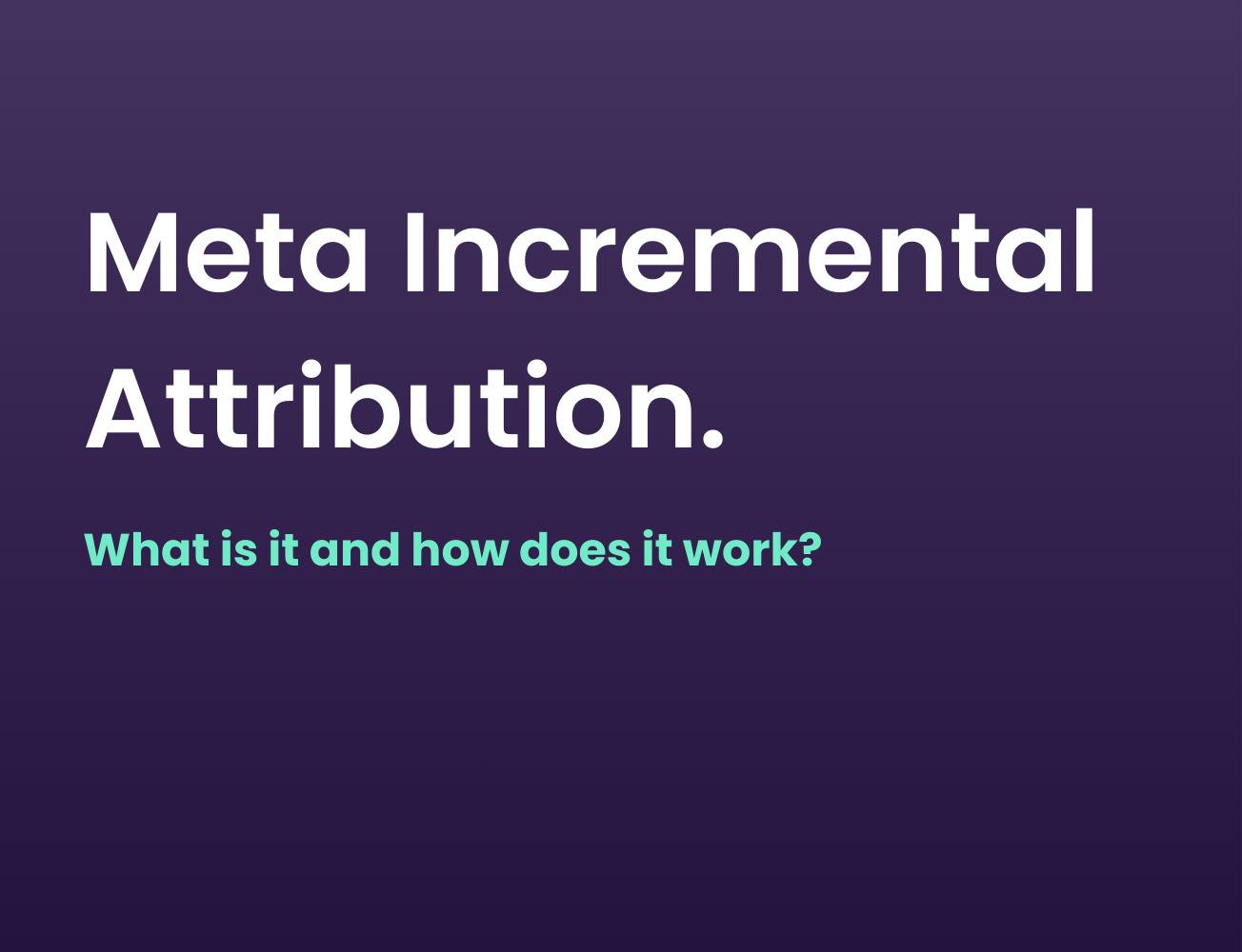It’s a question most ecommerce brands face at some point: who’s actually going to get us the best results?
Let’s break down the pros and cons of each agency type — and help you figure out what’s right for your business.
The Different Types of Agencies
Sector-Specific Agency
An agency that specialises in one type of business, for example, ecommerce. They build deep expertise in that sector, understanding its unique challenges, data patterns, and growth levers.
Channel-Specific Agency
An agency that works across multiple sectors, but focuses on just one marketing channel, for example, paid media or SEO. They go deep into one channel but spread that expertise across different industries.
Full-Service Agency
An agency that does a bit of everything — from paid media and SEO to web design, email, and even out-of-home. They usually work across multiple sectors too, from ecommerce to B2B and beyond.
Full-Service Agency
✅ Pros
You get everything under one roof. That means fewer agency partners to manage, and the ability to run multiple channels — paid media, SEO, email — with a holistic approach.
Teams can also share learnings internally, giving you a more joined-up, cross-channel strategy to grow your business.
❌ Cons
When an agency spreads itself too thin, it’s hard to stay exceptional in any single channel.
On top of that, most full-service agencies work across several sectors. So not only are they juggling different channels, they’re juggling different industries — which makes it difficult to become true experts in yours.
Channel-Specific Agency
✅ Pros
Channel specialists go deep. They live and breathe their craft, meaning you’ll usually get sharper strategy, stronger performance, and faster growth in that specific area.
They’re also simpler to work with — everyone’s speaking the same language, and you’re often dealing directly with the person doing the work. That means faster responses and less fluff.
❌ Cons
You’ll need to work with multiple agencies if you want to cover multiple channels. That means more calls, more reports, and more coordination on your side.
And while they specialise in a channel, they might still work across a wide range of sectors — so your account manager could be switching between ecommerce, travel, and finance in the same day.
Sector-Specific Agency
✅ Pros
Similar to a channel-specific agency, sector-specific agencies benefit from deep levels of understanding about your industry, and the challenges and opportunities within the market.
Working with one subset of clients also means that learnings can be developed and shared across each client — a successful experiment in one account can often be rolled across others.
There’s smoother collaboration and streamlined communication too, since everyone’s on the same page.
And whilst an agency could be specific to one sector, they might still have a full-service offering — meaning you’re able to get sector experts and multiple channels all under one roof.
❌ Cons
You may find that some sector-specific agencies have narrower specialisms — great if you fit their niche, but less so if your model evolves. And because they work with similar brands, you’ll want to ensure there’s a clear process to protect insights unique to your business.
Where do we sit?
Adnomics sits between channel AND sector specific - We only offer paid media management services specifically to brands that sell online, such as ecommerce, subscription and SaaS businesses.
This gives us the ability to work deeply across channels, and become experts in that field. Whilst still being able to leverage learnings from one account to the other.
Who should you work with?
This really depends on your requirements — if you’re a smaller team and wearing multiple hats, then you might want to go down the full-service route to minimise the amount of admin needed to manage an agency.
However, you’re likely to get a much more detailed and strategic service by partnering with a sector or channel-specific agency (or one that does both).
.png)
.png)

.png)




.png)
.png)

.png)


.svg)
.svg)
.svg)
.svg)